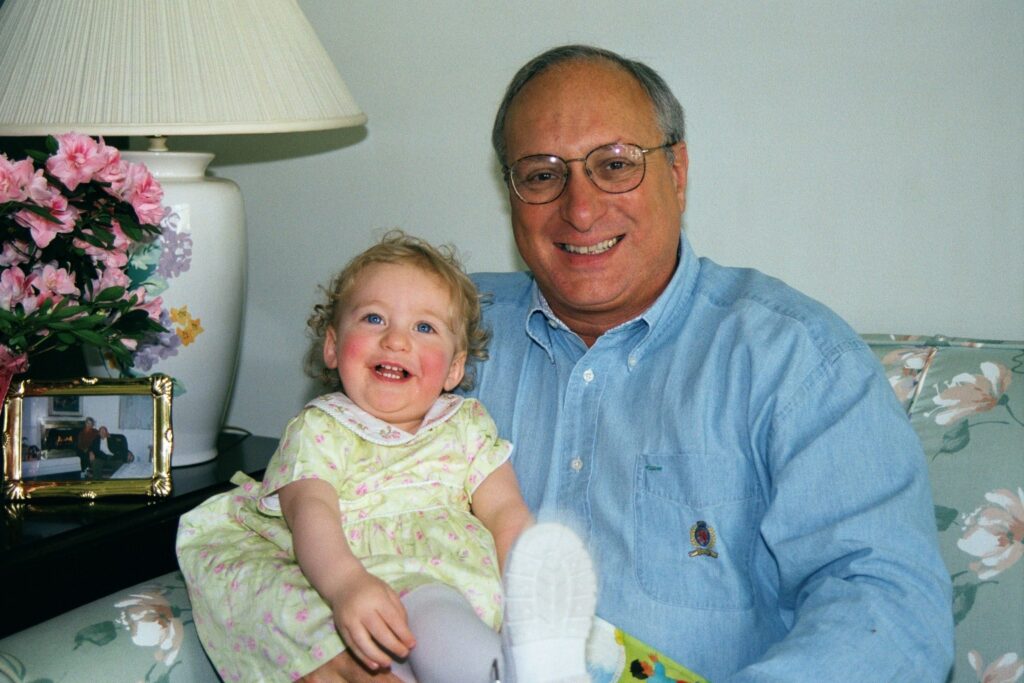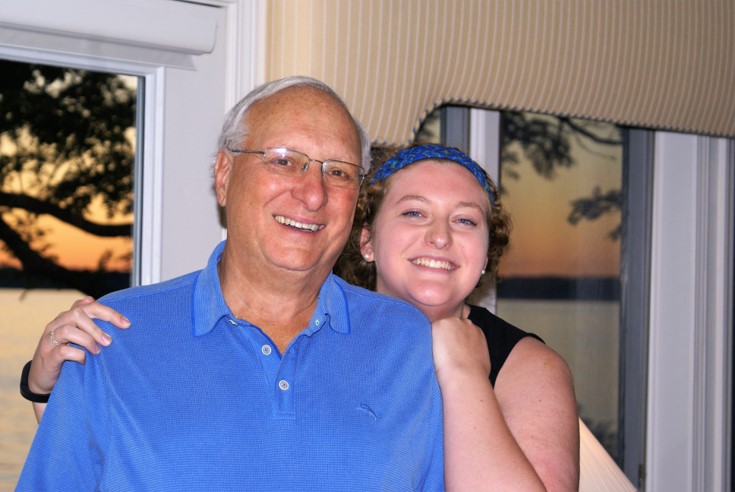I don’t know what to say about death and grief that hasn’t already been said.
I want to be able to say something other than, “death sucks, grieving sucks.” Maybe I’ll be able to at some point. But today is not that day.
The end of January is not my favorite time of year. It hasn’t always been that way; it’s a relatively new phenomenon in my life. But Ecclesiastes 3 says “for everything there is a season,” and for me, the end of January has become “a time to mourn.” January 23rd marked the first anniversary for a classmate and friend of mine from Folk Choir, Annrose, and January 29th is the third anniversary of my maternal grandfather’s unexpected passing.
I woke up on Saturday with that uncomfortable feeling of grief. It was in juxtaposition to other mornings the previous week, where I woke up well-rested, excited about the Inauguration, or just happy that the sun was shining so brightly. I acknowledged that feeling and sat with it for a little while. It felt, and still feels, like a weight on my heart more than anything. At our community meeting I explained the situation to my housemates. “Letting you know, just in case,” I said. In case I was moody or sad during the week.
Truthfully, I’m not sure what this week will look like for me. I’ve reacted differently every year. On the first anniversary of my Grandpa’s death, we were in the middle of a polar vortex in South Bend. Classes were cancelled and my friends and I were stuck inside our dorm. Somehow we ended up watching Disney’s Coco, which is a great movie, just not on a day when you’re already very emotional. Needless to say, I proceeded to cry for about two hours after it was over. Last year around the same time, I was also grieving Annrose’s death with the Folk Choir community, so for about a week straight, I just felt numb.
The funny thing about grief, I’ve discovered, is that while it does rear its head pretty strongly on birthdays, anniversaries, and other important days, it also shows up out of the blue. There are moments when it hits me square in the chest, knocking the wind out of me for half a second. It happens when I go through my camera roll and see the group photo of myself, Annrose, and our classmates dressed up for Folk Choir rehearsal on Halloween. It happened when someone mentioned Normandy a few weeks ago, somewhere my Grandpa had talked about taking me at the end of my semester abroad. (His birthday is the same day as D-Day, and he’d always wanted to go there.) It also happens sometimes when I’m just talking about my Grandpa with other people, when I feel like my explanations of who he was or the things that he did aren’t enough. If only they could meet him, I think to myself, they’d know how fun, generous, and full of life he was. They’d understand what a monumental figure he was to me and to everyone that knew him.
The only thing I can think to share about death and grief are words that aren’t even mine. They belong to the celebrant at my Grandpa’s funeral. I don’t even remember the phrasing exactly, but it was something along the lines of “you must continue to pray for him.” I knew that intrinsically, of course. It’s what we believe as Catholics: that you continue to pray for the dead, because purgatory exists, and the souls there need prayers to help them work towards heaven. But for whatever reason, hearing it out loud that day helped it click. And of all the things that people said about him that weekend, of all the memories that were shared and condolences that were given, that’s the thing I’ve held onto the most.
So that’s what I do, every time we pray for “our beloved dead” at mass, every time I’ve been to the Grotto at Notre Dame, every time I hear the phrase “for those intentions that we hold in the silence of our hearts.” In those moments I think of my Grandpa, and also Annrose, my Grandpa B who died before I was born, deceased family friends, and plenty more.
That’s what I’ll continue to think about and hold onto this week, alongside all the good memories.


